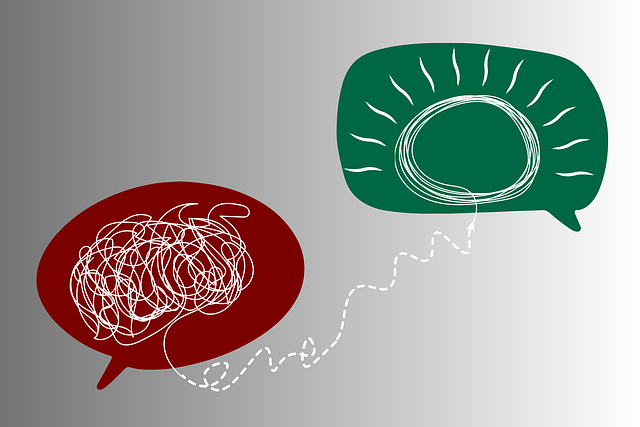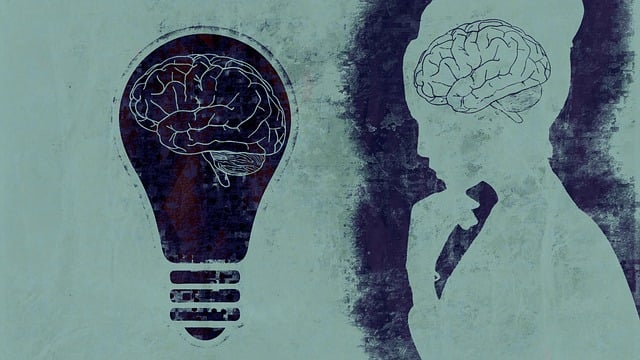Longmont Parenting Skills Therapy emphasizes cultural sensitivity for effective treatment, especially in diverse families. Therapists adapt their approaches while respecting clients' identities, overcoming language barriers, and avoiding stereotypes. Tailored mindfulness and social skills training, combined with Community Outreach Programs, foster trust and understanding. This holistic approach ensures therapy becomes a transformative force, empowering individuals to manage mental health journeys within diverse communities.
In today’s diverse society, cultural sensitivity is paramount in mental healthcare. The article explores this crucial aspect, focusing on Longmont Parenting Skills Therapy, a practice that navigates cross-cultural interactions. We delve into the significance of understanding diverse cultural backgrounds and their impact on therapy. Additionally, we highlight challenges and barriers, offering practical strategies to foster culturally sensitive sessions. By embracing these approaches, mental health professionals can provide more effective care tailored to each client’s unique needs.
- Understanding Cultural Sensitivity in Mental Healthcare
- Challenges and Barriers in Cross-Cultural Therapy
- Strategies for Practicing Culturally Sensitive Longmont Parenting Skills Therapy
Understanding Cultural Sensitivity in Mental Healthcare

Cultural sensitivity is a cornerstone in mental healthcare practice, especially when addressing diverse populations like families seeking Longmont Parenting Skills Therapy. It involves recognizing and appreciating the impact of cultural beliefs, values, and practices on an individual’s mental health and treatment outcomes. Mental illness stigma reduction efforts greatly benefit from this understanding, as it fosters a more inclusive and accepting environment, encouraging individuals to seek help without fear of judgment.
Incorporating mindfulness meditation and social skills training within culturally sensitive therapy can further enhance its effectiveness. By tailoring these approaches to respect and incorporate clients’ cultural backgrounds, therapists create a safe space for exploration and healing. This personalized approach not only improves adherence to treatment but also empowers individuals to navigate their mental health journeys with renewed hope and resilience.
Challenges and Barriers in Cross-Cultural Therapy

In the field of mental healthcare, especially when practicing cross-cultural therapy, numerous challenges and barriers can impede effective treatment. One significant obstacle is the potential for cultural misunderstandings between therapists and clients, often stemming from differing value systems, communication styles, and expressions of emotion. For instance, what may be considered a healthy expression of frustration in one culture could be interpreted as aggressive or disruptive in another. These disparities require therapists to adapt their approaches, ensuring they respect and honor their clients’ cultural identities while providing evidence-based care.
Additionally, language differences play a crucial role, making it essential for therapists offering Longmont Parenting Skills Therapy or any specialized service to utilize qualified interpreters or learn basic language skills themselves. Effective communication is vital for building trust and understanding within the therapeutic relationship. Moreover, therapists must be vigilant about unintentionally reinforcing negative stereotypes or assuming cultural norms, which can create barriers to open dialogue. Integrating conflict resolution techniques, promoting mind over matter principles, and fostering resilience building, all while being culturally sensitive, demands a nuanced approach that prioritizes the client’s well-being and unique cultural context.
Strategies for Practicing Culturally Sensitive Longmont Parenting Skills Therapy

In the realm of mental healthcare, especially when offering Longmont Parenting Skills Therapy, cultural sensitivity is paramount. Therapists must navigate the intricate landscape of diverse family structures, parenting styles, and community influences to ensure effective treatment. Implementing a Community Outreach Program can be a game-changer; it allows therapists to connect with families on their terms, fostering trust and understanding. By actively listening and showing genuine empathy, therapists build strong alliances, which are crucial for addressing unique cultural needs.
Empathy Building Strategies play a pivotal role in this process. Therapists should strive to comprehend the family’s perspective, values, and experiences without judgment. This involves being mindful of unconscious biases, recognizing the impact of systemic issues, and adapting therapeutic approaches to align with the family’s cultural context. Such strategies not only enhance the quality of care but also ensure that Longmont Parenting Skills Therapy becomes a powerful tool for positive transformation within diverse communities.
In conclusion, culturally sensitive mental healthcare practices, particularly focusing on Longmont Parenting Skills Therapy, are essential for addressing the unique needs of diverse populations. By understanding and overcoming cross-cultural barriers, therapists can create inclusive environments that foster effective treatment outcomes. Implementing tailored strategies ensures that all individuals receive respectful and competent care, ultimately promoting better mental health within our increasingly diverse communities.














